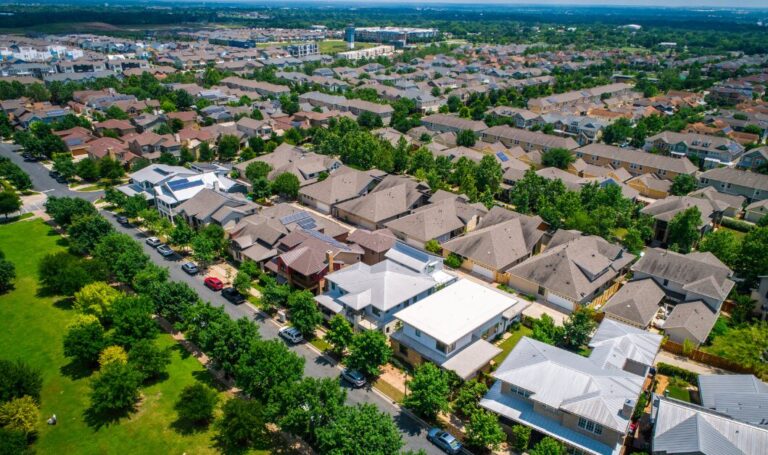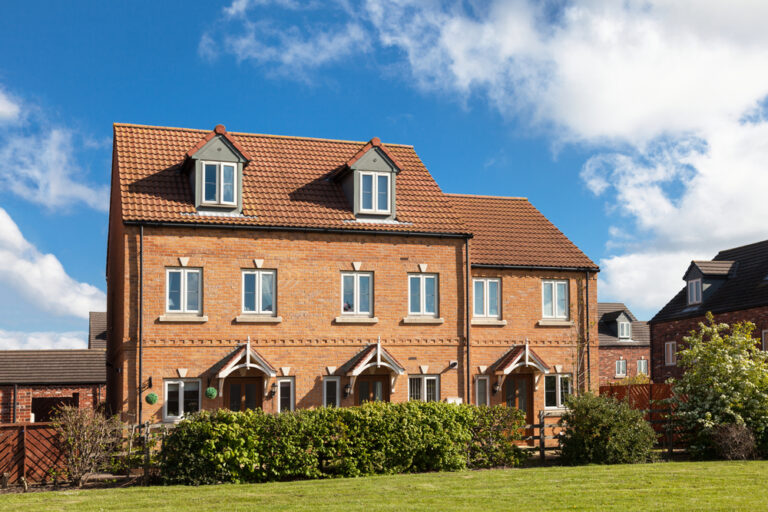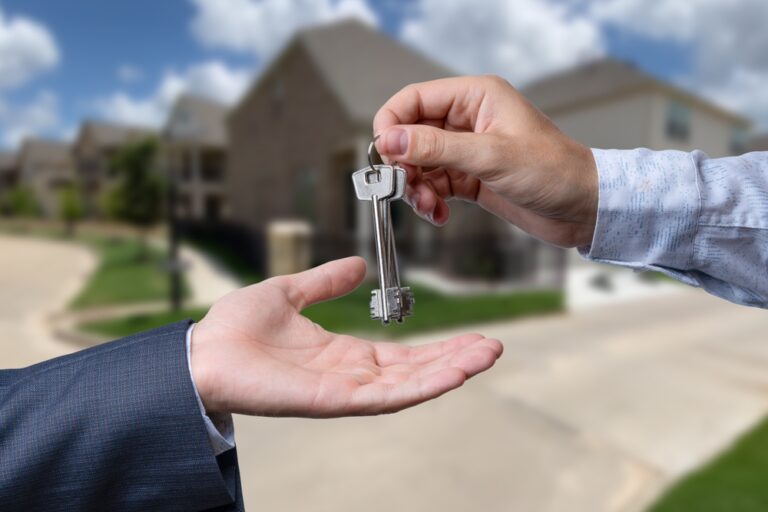Selling your flat with a short lease can be complex and challenging, which is why it’s important that, as a leaseholder, you are well-informed so you can make the right choices.
The selling process is more straightforward for the freeholder of the property but also requires a little extra guidance. Luckily help is at hand with our comprehensive guide.
Related: Selling a leasehold property: Key considerations
What is a short lease?
A lease is defined as short by the Royal Institute of Chartered Surveyors if it’s 70 years or fewer, although many mortgage lenders define a short lease as 80 years. Essentially, the longer the lease on your property, the more it’s worth, and some leases can be up to 999 years.
Selling with a short lease
If your property has a short lease and you decide to sell, then you have two options: pay to extend the lease or find a buyer who is willing to buy a property with a short lease.
Short lease properties will attract buyers such as retired dwellers who place less importance on leaving behind a large inheritance and are more interested in finding an affordable place to live. Buy-to-let investors may also show a strong interest as they will be able to let the property for many years, gaining a good return on investment without the cost of becoming a freeholder.
You should bear in mind that it’s very difficult to secure a mortgage on a short lease property, which means your property is more likely to sell to a cash buyer. This, combined with a lower market value, means extending your lease could be your best option.
How to extend your short lease
There are several ways to extend your lease. Doing so will make the property more saleable and add to its value, but it will require you to get expert legal advice. When you work with us, we can put you in touch with a recommended solicitor who will be able to help.
Extending your lease informally
It takes just 1-3 months to extend your lease informally, and involves direct negotiation with the freeholder, however this option does not come with the statutory protection of a formal extension. Conveyancing can be carried out during the lease extension, so your move should not be delayed. This offers you a speedy solution and will ensure you achieve a better price.
Extending your lease formally
Another option is to extend your lease formally. To do this, you will need to instruct a specialist lease extension solicitor.
Leaseholders must have owned their flat for a minimum of 2 years. The Leasehold Reform, Housing, and Urban Development Act 1993 gives you the right to serve your landlord with a Section 42 notice. This would mean your lease would be extended by 90 years. However, this can take up to 8–12 months, which will slow your sale.
Related: Everything you need to know about extending a lease
What if you are the freeholder of the property and want to sell?
If you are the freeholder of the property and are selling it, then in certain circumstances you may have to offer the leaseholder the right to buy the property before selling it to a third party. This is known as the Right of First Refusal.
Selling your interest in a freehold property is made easier with the expert guidance of knowledgeable agents. Understanding new legislation and making the most of your investment opportunities as an investor is important.
What to do if your property has a short lease
Get in touch with your local Ellis & Co branch if you’re selling a property with a short lease.
Not only will they help you establish a selling price and marketing strategy for your home, they’ll be able to connect you with a solicitor who specialises in extending leases, if this is the direction you wish to take. You will need a strong team to guide you along the right path, whether you are selling your property as a leaseholder or a freeholder.
Contact your local Ellis & Co agent for expert advice and guidance.







